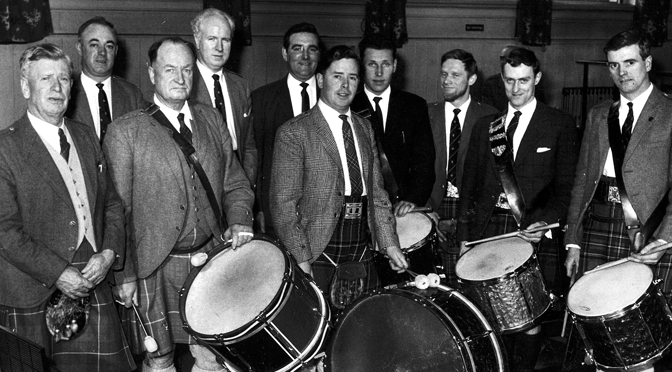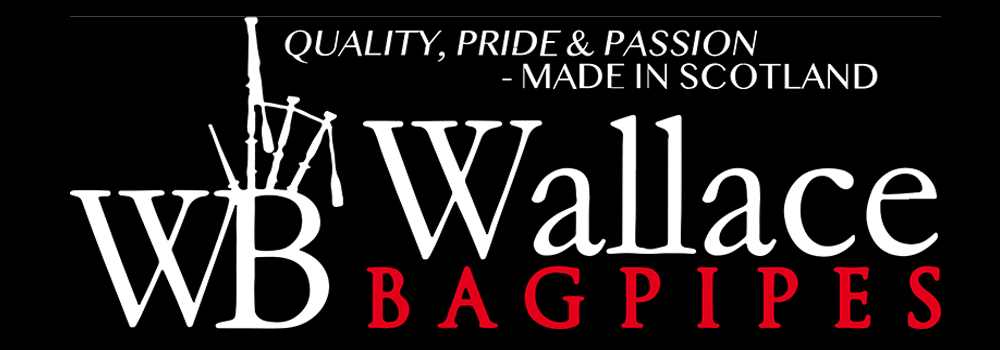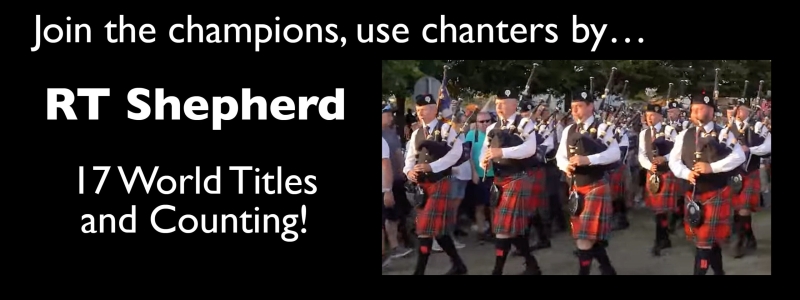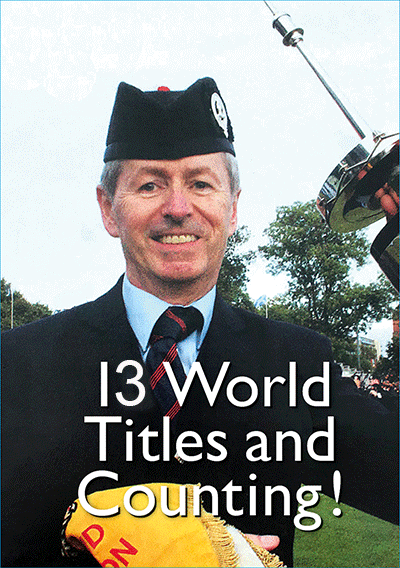Pipe band adjudication expert Alistair Aitken concludes his well-received article on the place of ensemble judging in the modern pipe band world. Not read the first instalment yet? Click here…..

There are of course other factors which affect adjudication. While the approach can be objective, the final assessment is very much a subjective process and it is highly unlikely that results and comments will be the same unless there is collusion between adjudicators.
It is human nature that individuals will respond to training in different ways. It is also impossible for adjudicators to comment in writing on all the factors involved in their assessment in the short time available during a pipe band performance (less the lower the grade where, arguably, there is more scope for constructive criticism).
What is most important is the mental analysis going on in the mind of the adjudicator in assimilating the different factors when simultaneously listening, assessing and reaching a decision on each performance and how it compares with others. Another significant factor is that adjudicators traditionally position themselves in different ways and places, so they hear the performances in different ways.
From personal experience I know the effort made by the RSPBA over the years to improve all adjudication disciplines, much of it behind the scenes unnoticed by the membership at band level. Further improvements can of course always be made and indeed are necessary to ensure that the advancement of pipe band music continues.
[wds id=”6″]
There have been many major and innovative developments in top pipe bands in particular over the last 10 years or so, both technically and musically, so the continuing development of adjudicators and regular scrutiny of adjudication processes are essential in order to keep pace. Further enhancement of the availability of ‘musical’ education directly relevant to pipe bands would be another sensible priority as arguably this would provide better preparation for all potential adjudicators.
There is also a strong argument that individuals with the skills to become ensemble adjudicators should be identified earlier in their careers as the traditional approach has been to draw ensemble adjudicators from within the ranks of piping and drumming adjudicators after they have had a number of years’ experience at major championships. By that time they may have become too entrenched in their primary discipline and find it difficult to change their mind-set to an ensemble perspective.[polldaddy poll=9973610]
As I became more involved in adjudicator training it also became apparent to me that there may be a contradiction and potential confusion with the actual term ‘pipe band ensemble’, even though it has been in existence for almost 50 years. A pipe band is a musical ensemble (i.e. a group of instrumentalists playing together, and hopefully in harmony).
Pipe band ensemble, as we know it, is different as it is a process (i.e. it represents different aspects of the effect of the instrumentalists playing together). With hindsight ‘orchestration’ might have been a better term to use to achieve common understanding.
The RSPBA has had ensemble adjudicators since 1970. To abolish the concept now would in my view take the pipe band community backwards rather than look to the future. What goes round more than often comes round, so at some point in the future it is probably inevitable that there will again be serious consideration of a single category of adjudicator for pipe band competitions. It would require an in-depth study including the history, representation and expertise from pipe bands, and also the ever-present pipe band politics to be set aside if that is possible.
In concluding there is merit in repeating the words of Drum Major Alex D. Hamilton one of the pioneers of pipe band ensemble during the 1960s, words which pretty much make the case and at the same time provide food for serious thought.

His advice at that time was: ‘In dealing with the combination of pipes and drums, I prefer to use the word ensemble because I think it describes best what we mean by both sections of a band taken together for musical effect; but, call it what you may, my chief concern is that we understand the subject under discussion.
‘It is fortunate that we have a number of enthusiasts amongst us keen on a better musical combination but, on the other hand, we still have a very large proportion who might become a little more enlightened if they could be made to take a little interest in the combined effect of a pipe band and not look on the band either from a piping or drumming point of view.
‘Our present method of adjudicating at a contest will never encourage collaboration between pipes and drums. A Pipe Major judging the piping and a Drum Major judging the drumming with no award for the best combined effort is hardly likely to improve the standard towards a more musical performance. Another obstacle in the way of a better combined effort is the present practice of awarding a drumming prize at some contests.’
• Let us have your views and why not take part in the poll above?
[wds id=”10″]























Recent Comments